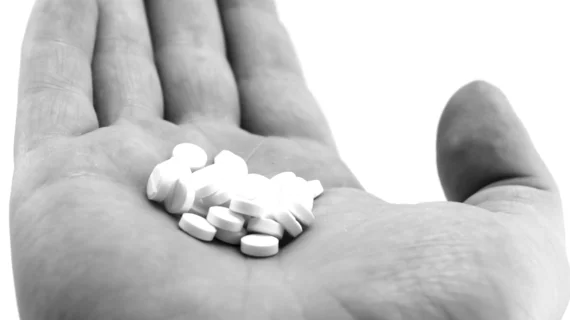CVS pulls heartburn medications from shelves after carcinogen risks
CVS Pharmacy has pulled Zantac and other ranitidine products to treat heartburn, including CVS’ own brand, from its shelves following recalls and risks that the products contain probable human carcinogens.
CVS made the announcement following a recall from drugmakers for ranitidine products after the FDA discovered trace amounts of a nitrosamine impurity, N-nitrosodimethylamine (NDMA)––a probable human carcinogen that could cause cancer. Sandoz, a division of Novartis, announced it was halting the distribution of generic Zantac as the drug is investigated. Brand name Zantac has not been recalled nor has CVS’ brand of ranitidine.
“The FDA is continuing to evaluate whether low levels of NDMA in ranitidine pose a risk to patients,” a statement from CVS reads. “The levels that FDA is finding in ranitidine from preliminary tests barely exceed amounts found in common foods.”
In its recommendations, the FDA noted patients taking heartburn medications made from ranitidine products can consider the benefits to outweigh the cancer risks.
CVS plans to continue selling other heartburn medications, such as Pepcid, Tagamet and their generic equivalents.

